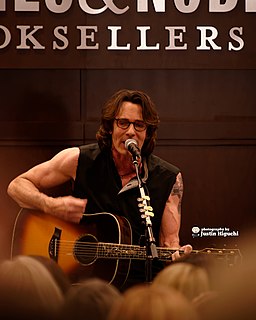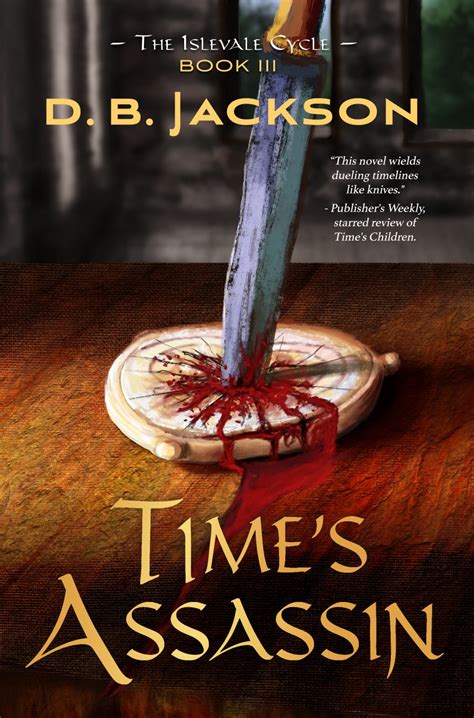A Quote by Erma Bombeck
Some of the best fiction writers got their start writing airline menus.
Related Quotes
You can, in short, lead the life of the mind, which is, despite some appalling frustrations, the happiest life on earth. And one day, in the thick of this, approaching some partial vision, you will (I swear) find yourself on the receiving end of - of all things - an "idea for a story," and you will, God save you, start thinking about writing some fiction of your own. Then you will understand, in what I fancy might be a blinding flash, that all this passionate thinking is what fiction is about, that all those other fiction writers started as you did, and are laborers in the same vineyard.
When I taught at the University of Houston in the Creative Writing program we required the poets to take workshops in fiction writing and we required the fiction writers to take workshops in poetry. And the reason for that is because the fiction writers seemed to need to learn how to pay greater attention to language itself, to the way that language works.
I'm a little skeptical of so-called narco fiction, I have to say, though some writers I admire may have written some narco fiction. You feel the dread and the atmosphere in Yuri Herrera's extraordinary novels, but you'd never say that what he writes is narco fiction. The same goes for Martin Solares's novels, inspired by the nightmare city of Tampico, where he's from. Valeria Luiselli, Álvaro Enrigue, I know that they're deeply affected by what goes on in Mexico, but their wonderful writing points in another direction, though not necessarily always and only.
The only good grades I ever got in school before I was kicked out were for creative writing. I thought that fiction might be in my future but then my career took a different path once the Beatles showed me what a blast being in a band could be. Writing my memoir Late, Late at Night reminded me how much I love the craft. So I decided to give fiction a shot again.Magnificent Vibration is the result. I’m still not quite sure where it came from, but once I got going, it practically wrote itself. I’ve heard writers I admire speak of that phenomenon, so maybe I’m on the right track.
It's kind of like being a writer in the sense that you always hear other writers say, 'Well, the best way to start writing is to just start writing.' The same goes for improvisation. You want to start improvising, just start playing notes. And the more you do that, the more comfortable - or not comfortable - but I guess how you're able to adapt to situations. You become more familiar with your instrument. As soon as you have a musical thought, you can go ahead and add to that musical thought and know your way around.































